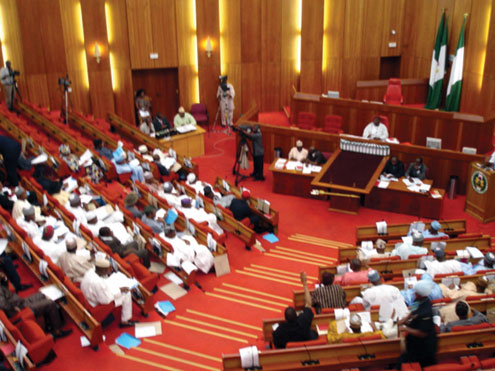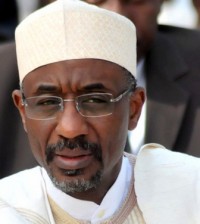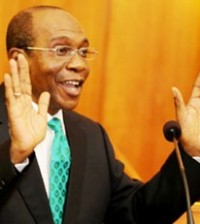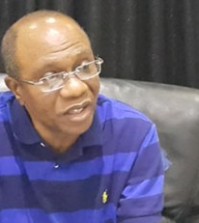Expert seeks retention of current MPR
AHEAD of tomorrow’s meeting of the Monetary Policy Committee (MPC), analysts have called on the Central Bank of Nigeria (CBN) to leave the Monetary Policy Rate (MPR) unchanged at 6.5 per cent, until broad-based macroeconomic stability has been achieved.
Beside, the CBN was advised to sustain its efforts at finding other innovative ways to unlock the credit market and stimulate the economy.
MPR is the benchmark rate by which the CBN determines interest rate. It was fixed at 6.50 per cent in January.
The Managing Director of Data Pro, Abimbola Adeseyoju, in his report on “Decision Preview of the Monetary Policy Committee,” recalled the CBN’s governor’s explanation that a hike in MPR would not have impact on inflation in the short-term if energy and food price increases are the drivers of the inflation.
Depicting this as structural misalignment, Adeseyoju, however, said that a benchmark rate is effective if inflation is due to excess liquidity in the system.
According to him, previous rate hikes had varying impacts on short-term interest rates, depending on liquidity levels and market reaction to change.
“A pre-emptive hike in MPR may be contemplated to curb money growth arising from other non-structural causes of inflation in the country, since monetary policy impact on monetary aggregates with a lagged effect”, he said.
Adeseyoju said though the CBN should raise its benchmark interest rate by 100 basis by end 2011, an immediate tightening, that is, of tomorrow’s meeting would put the already jittering domestic money market rates on an upward trajectory.
“We expect CBN to allow some of its recently introduced liquidity management measures (introduction of cash reserve requirement averaging) and the proposed commencement of foreign exchange forward sales to take full effect on the economy,” he said.
The financial analyst also stated other issues to be considered; such as domestic economic growth, maintaining external sector equilibrium and the outlook for inflation as the MPC reassesses its monetary stance, in a bid to ensure a non-inflationary Gross Domestic Product growth and stability in the financial sector.
He recalled the fact that at several meetings, the CBN had recognised the extended threat from uncoordinated fiscal-monetary stance in distorting price signals, highlighting the inflationary impact of the relatively high share of recurrent expenditure in the 2011 budget.
According to him, the apex bank noted inflationary pressures arising from domestic factors such as rising public sector wage bill, electioneering spending and the prospect of fuel price deregulation.








